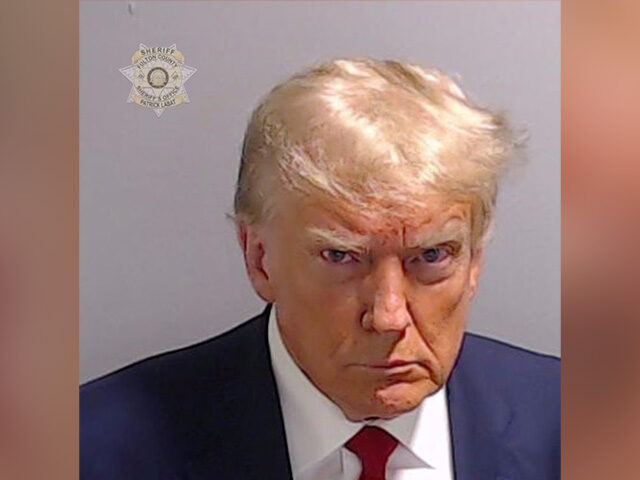List of Potential Harris VP Picks Has Been Revealed
Well, it did not take long for Kamala to move on from the Biden campaign.
In a surprising political maneuver, Vice President Kamala Harris has reportedly begun evaluating potential vice-presidential candidates in anticipation of the 2024 presidential election.
This revelation signals Harris’s strategic positioning as she prepares for the possibility of seeking the presidency herself, a move likely to invigorate the political landscape.

The Candidates in Consideration
A list of ten prominent individuals has emerged as potential running mates for Harris. This roster includes a blend of seasoned politicians and emerging leaders, each bringing distinct credentials to the table.
Among the notable names are California Governor Gavin Newsom, Michigan Governor Gretchen Whitmer, and former Georgia gubernatorial candidate Stacey Abrams. These figures are joined by Senators Cory Booker, Amy Klobuchar, and Tammy Duckworth, showcasing a diverse array of political experience and regional representation.
Governor Newsom, known for his progressive stances and successful governance of California, stands as a controversial choice. His policies have often been a point of contention, and his selection could alienate moderate voters.
Similarly, Governor Whitmer’s handling of the COVID-19 pandemic has earned both praise and criticism, making her a potentially polarizing figure.
Analysis of Political Implications
The inclusion of Senator Cory Booker, who has a track record of advocating for criminal justice reform, reflects an attempt to appeal to the African American community, a key demographic for the Democratic Party. However, this approach might be viewed as pandering, especially given the current administration’s challenges in addressing systemic issues effectively.
Senator Amy Klobuchar, a centrist Democrat, offers a more balanced appeal. Her pragmatic approach to legislation and her reputation for bipartisanship could attract swing voters. Yet, her lackluster performance in the 2020 Democratic primaries raises questions about her ability to galvanize the party’s base.
Former Georgia gubernatorial candidate Stacey Abrams represents a strategic choice to mobilize minority voters and reinforce the importance of voting rights, a central issue in her political career. Nonetheless, her controversial claims about the 2018 election results could become a focal point for criticism.
The Conservative Perspective
The potential vice-presidential candidates reflect the Democratic Party’s inclination towards progressive ideals. The selection of figures like Newsom, Whitmer, and Abrams underscores a commitment to policies that many conservatives view as overly liberal and detrimental to economic stability and personal freedoms.
Governor Newsom’s progressive agenda, including stringent environmental regulations and expansive social programs, exemplifies this trend. Critics argue that such policies could exacerbate economic challenges and burden taxpayers. Similarly, Governor Whitmer’s aggressive pandemic measures, including extended lockdowns, have been criticized for their adverse effects on businesses and individual liberties.
Senator Booker’s emphasis on criminal justice reform and Abrams’s focus on voting rights are seen as catering to specific interest groups rather than addressing broader national concerns. This approach might alienate moderate and independent voters who prioritize economic growth, national security, and pragmatic governance.
The Path Forward for Harris
Vice President Harris’s selection of a running mate will undoubtedly shape the dynamics of the 2024 election. The choice must balance the need to energize the Democratic base while appealing to a broader electorate. The current roster of candidates suggests a tilt towards progressive values, which may resonate with the party’s core supporters but risk alienating centrists and independents.
Conclusion
As Vice President Kamala Harris evaluates potential running mates, the political landscape is poised for significant shifts. The selection process highlights the Democratic Party’s internal dynamics and the strategic considerations necessary for a successful presidential bid.
The final choice will not only reflect Harris’s political vision but also determine the Democratic Party’s ability to present a united and compelling front in the 2024 election.
